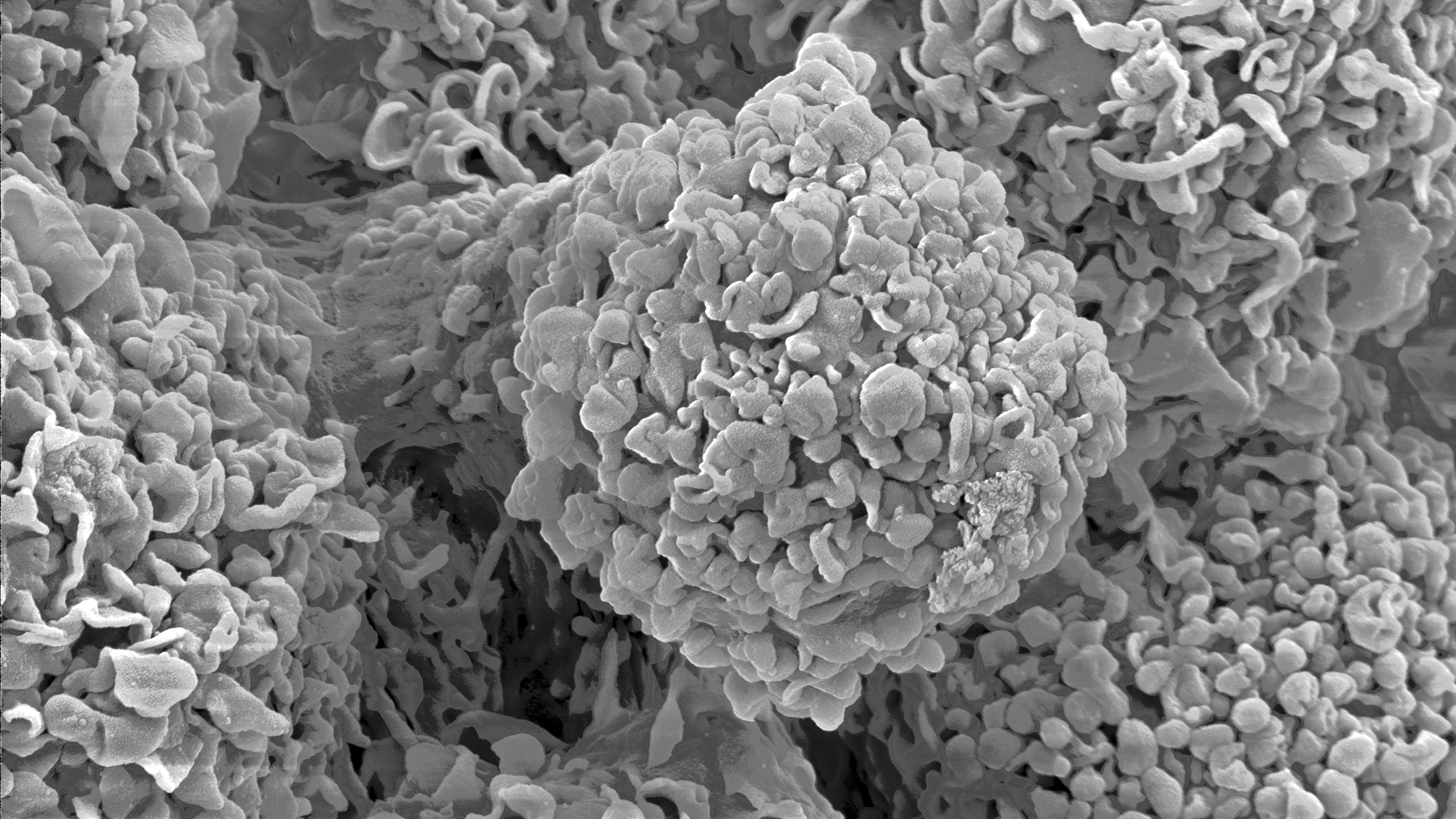Cell Diversity Lab
Our mission in the Cell Diversity Lab is to unravel fundamental biological concepts controlling heterogeneity within complex biological systems, especially those of the blood system and cancer.
We aim to use our leading position in the scMS field to identify druggable signalling mechanisms that will advance therapy and diagnostics for patients suffering from complex diseases.
By computationally integrating several experimental approaches such as Mass Spectrometry (MS), Next-Generation Sequencing, FACS sorting and in vivo xenograft models, we aim to gain a better understanding of cellular signal processing at the single cell level. The ultimate ambition is to translate the molecular insights derived from a range of modalities (DNA, mRNA and proteins) to in-depth knowledge about how cellular heterogeneity contributes to disease phenotypes and ultimately, development of effective and personalized therapeutic strategies.
We are also aiming to keep a 50/50 split between computational and wet-lab work, which is reflected by the profiles of our lab-members. We also closely interact with other groups and departments at DTU, and especially the DTU Proteomics Core, with whom we co-develop most of our MS-based methods for cutting-edge biology, with a significant focus on analysis of extremely limited sample amounts all the way down to single cells.
We currently have access to ThermoFisher Orbitrap Eclipse, Exploris480 and QExactive MS instrumentation, and rely on EasyLC1200, Ultimate3000 and EvoSep One instruments for our chromatography needs. We provide a comprehensive training environment for our students and postdocs, and welcome unsolicited applications. We are happy to support applications for scholarships and fellowships such as Marie Curie, EMBO, Novo Nordisk Foundation, Lundbeck Foundation, Human Frontiers and others.


